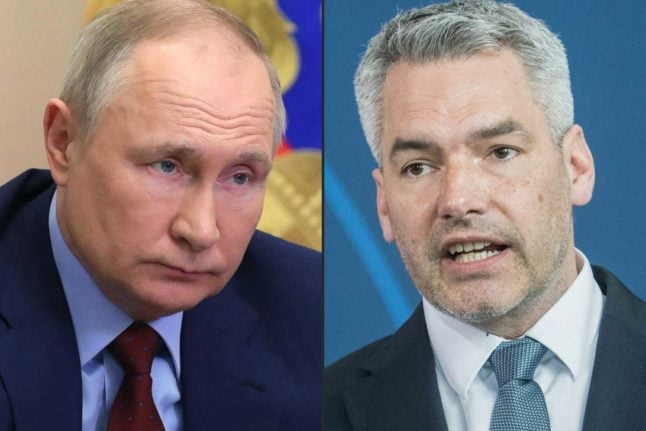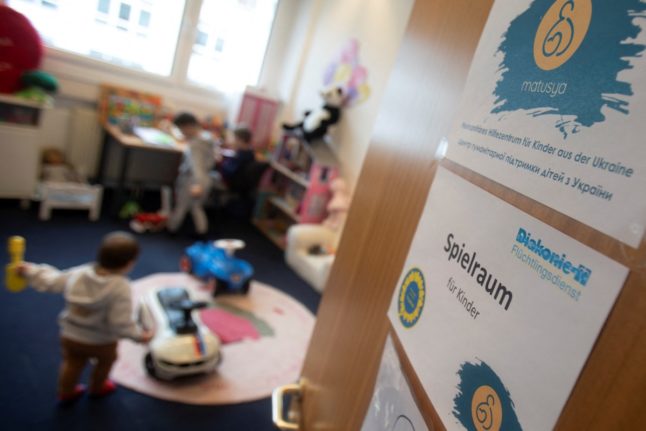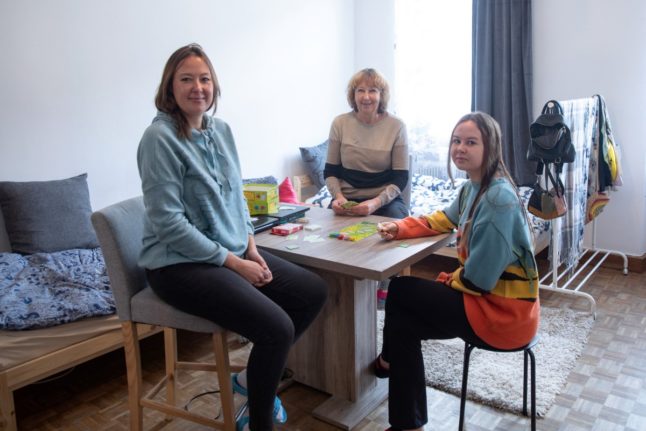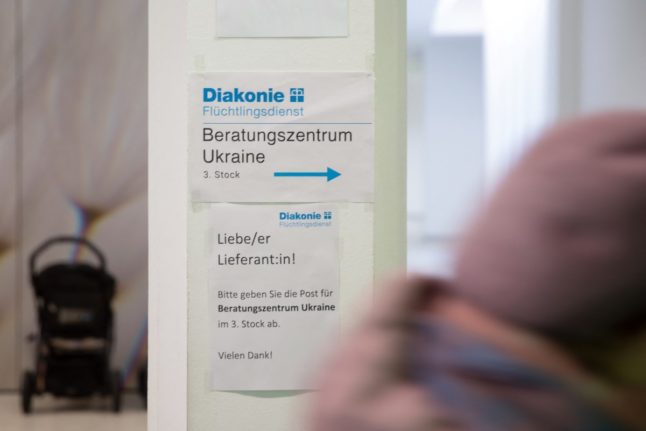Just over an hour after the meeting started at around 4:00 pm local time in Putin’s residence in Moscow, Nehammer’s office sent out a statement saying that it had ended.
In the statement, Nehammer said the meeting was not “a visit of friendship,” adding that the conversation between the two men had been “direct, open and hard”.
“I mentioned the serious war crimes in Bucha and other locations and stressed that all those responsible have to be brought to justice,” he said.
Russia denies its forces have committed war crimes. Kremlin spokesman Dmitry Peskov said that the Austrian side had requested the meeting be held behind closed doors.
No joint press conference will be held but Nehammer is expected to address reporters alone at around 7:00 pm local time.
On the topic of sanctions, Nehammer said he had “told President Putin very clearly that the sanctions will remain and be intensified as long as people keep dying in Ukraine”.
READ ALSO: Austria’s Nehammer under fire for Putin visit
Nehammer also told Putin of the “urgent” need for humanitarian corridors “to bring water and food into besieged towns and (to) remove women, children and the injured”.
“I will now inform our European partners about the conversation and discuss further steps,” he said.
Nehammer’s trip to Moscow follows a visit to Kyiv on Saturday where he held talks with Ukrainian President Volodymyr Zelensky.





 Please whitelist us to continue reading.
Please whitelist us to continue reading.
Member comments